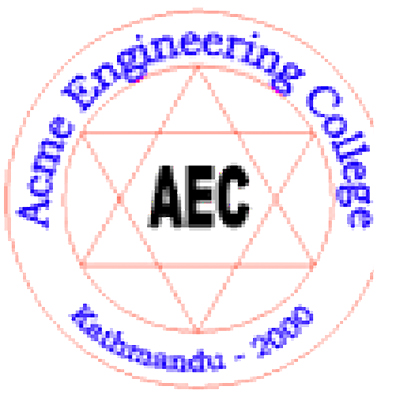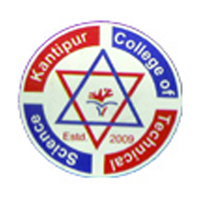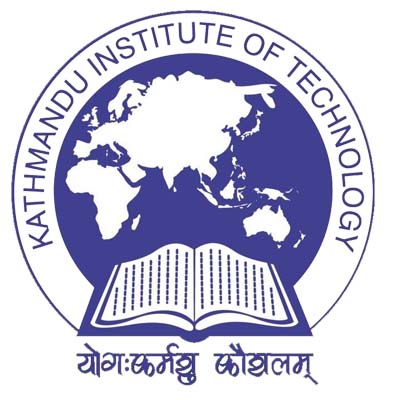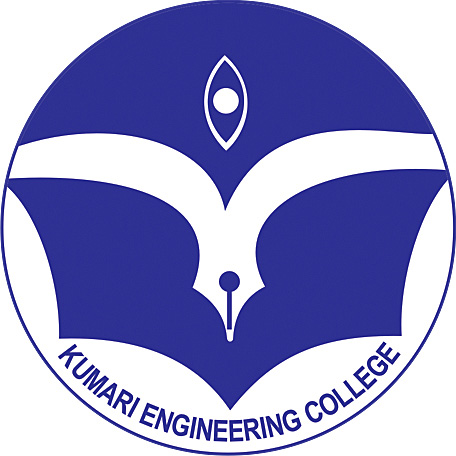Overview
Diploma in Electrical Engineering at Balaju School of Engineering and Technology (affiliated with CTEVT)
The Diploma in Electrical Engineering program at Balaju School of Engineering and Technology (BSET) is a comprehensive technical education program that provides students with in-depth knowledge and practical skills in electrical engineering. This program is affiliated with Nepal's Council for Technical Education and Vocational Training (CTEVT).
Course Outlines:
The course covers a wide range of subjects related to electrical engineering, including electrical circuits, power systems, electronics, electrical machines, control systems, electrical measurements, renewable energy, industrial automation, and more. The curriculum is designed to equip students with a solid foundation in theoretical concepts and practical applications.
Duration:
The Diploma in Electrical Engineering program is typically completed in three years. The academic year is divided into semesters, with regular examinations to assess students' understanding and progress.
Objectives:
The objectives of the Diploma in Electrical Engineering program are to:
-
Provide students with a strong theoretical and practical understanding of electrical engineering principles.
-
Develop technical skills for designing, operating, and maintaining electrical systems and equipment.
-
Foster problem-solving abilities and critical thinking skills relevant to electrical engineering.
-
Promote teamwork, communication skills, and professional ethics in the context of engineering projects.
Eligibility:
To be eligible for admission into the Diploma in Electrical Engineering program at BSET, applicants must have completed their School Leaving Certificate (SLC) or equivalent qualification with a minimum GPA specified by CTEVT. Additionally, applicants may need to pass an entrance examination or meet other criteria the institution sets.
Fee Structures:
Interested students should contact the administration office at Balaju School of Engineering and Technology (BSET) for detailed information about the fee structure of the Diploma in Electrical Engineering program.
Learning Outcomes:
Upon successful completion of the Diploma in Electrical Engineering program, graduates will be able to:
-
Apply principles of electrical engineering to analyze and design electrical systems.
-
Demonstrate proficiency in operating electrical equipment and conducting electrical measurements.
-
Design electrical circuits and systems, considering safety, efficiency, and sustainability.
-
Troubleshoot and repair electrical faults in various applications.
-
Utilize software tools and simulation techniques relevant to electrical engineering.
-
Communicate effectively and work collaboratively in multidisciplinary teams.
Scope and Career Prospects:
The field of electrical engineering offers a wide range of career opportunities. Graduates of the Diploma in Electrical Engineering program can find employment in industries such as power generation and distribution, manufacturing, construction, telecommunications, automation, and renewable energy. They can work as electrical engineers, supervisors, power systems engineers, control system technicians, maintenance engineers, and more.
Career Options:
The Diploma in Electrical Engineering opens up various career options, including:
-
Electrical Engineer
-
Power Systems Engineer
-
Control Systems Technician
-
Maintenance Engineer
-
Automation Engineer
-
Electrical Supervisor
-
Electrical Design Engineer
-
Renewable Energy Specialist
-
Project Engineer
Why Choose this Course:
There are several reasons to choose the Diploma in Electrical Engineering course at BSET:
-
Comprehensive Curriculum: The program offers a well-rounded curriculum covering essential electrical engineering topics.
-
Practical Training: Students gain hands-on experience through laboratory work, industry visits, and practical projects.
-
Industry Relevance: The course content is aligned with industry requirements, ensuring graduates are job-ready.
-
Qualified Faculty: BSET has a team of experienced faculty members who guide and support students.
-
Career Opportunities: Electrical engineering graduates have excellent career prospects with opportunities in diverse industries such as power generation, manufacturing, telecommunications, and automation.
-
Continuous Learning: The field of electrical engineering is constantly evolving, and this program equips students with the skills and knowledge to adapt to technological advancements throughout their careers.
-
Networking Opportunities: BSET has established partnerships and relationships with industry professionals and organizations, providing students with valuable networking opportunities and potential internships or job placements.
-
State-of-the-Art Facilities: BSET is equipped with modern laboratories and facilities, enabling students to gain practical exposure to the latest tools and technologies used in electrical engineering.
-
Holistic Development: In addition to technical knowledge, the program emphasizes the development of soft skills, teamwork, communication, and problem-solving abilities, enhancing overall personal and professional growth.
Scholarship Opportunities:
BSET provides scholarship opportunities according to the provisions and rules set by CTEVT. Eligible students can explore various scholarships available to support their educational journey. Students are advised to contact the BSET administration office for detailed scholarship information.
Overall, the Diploma in Electrical Engineering program at Balaju School of Engineering and Technology (BSET) offers a comprehensive curriculum, practical training, industry relevance, qualified faculty, and promising career opportunities. Choosing this course provides students with the necessary skills, knowledge, and practical experience to excel in electrical engineering, contribute to industry growth, and embark on a successful and rewarding career.
Contact Balaju School of Engineering and Technology's administrative office for detailed information on the Diploma in Electrical Engineering course, including fees, scholarships, facilities, counseling, eligibility criteria, etc.



















